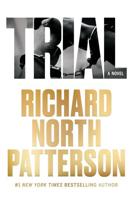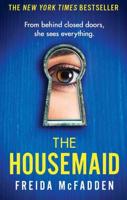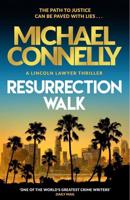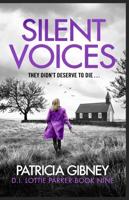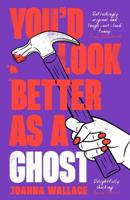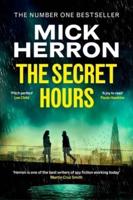Publisher's Synopsis
March 4,1918
An army cook at Fort Riley, Kansas, reported to the infirmary with a temperature of 103.1 F.
Within two days another 521 men became sick. It is one of the first recorded outbreaks of what came to be known as the Spanish flu.
Approximately one-third of the world's population became infected with this virus. The number of deaths is estimated to be at least 50 million worldwide with about 675,000 occurring in the United States.
Living in the country, we fared better than those who lived in crowded conditions in the big cities. We were like one big, happy family, living in different houses. We held barn raisings, outdoor festivals, and church picnics. You might say we lived in our own little Shangri-La. But at last the plague of 1918 found us too, and that silent killer was about to drag us into hell.
"Isolation is the key," my husband, Dr. John Gallagher, kept saying. "We have to separate the healthy from the sick."
As the town's only physician, John oversaw the health of approximately 1,400 people. Though our quiet little burg wasn't hit as hard as some of the big cities-specifically Philadelphia, Pittsburgh, and Boston-we suffered several losses before residents of Sawmill, Pennsylvania, began to acknowledge that John was right, and isolation helped to curb the progression of the disease.
But isolation also brought with it another set of hardships.


